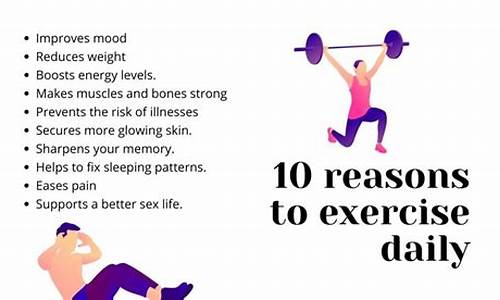Why Exercise and Health Are Closely Related
Exercise plays a crucial role in maintaining and improving overall health. A well-balanced exercise routine can provide numerous benefits to both the body and mind. Regular physical activity is essential for preventing chronic diseases, enhancing mental well-being, and improving the quality of life. In this article, we will explore why exercise and health are so closely related, highlighting the impact exercise has on various aspects of physical and mental health.
Physical Health Benefits of Exercise

Regular exercise has a direct impact on the body’s health by reducing the risk of several chronic diseases. Cardiovascular health is significantly improved, as exercise helps in lowering blood pressure, improving blood circulation, and strengthening the heart. Exercise also helps in regulating body weight, which in turn reduces the risk of obesity, type 2 diabetes, and certain cancers. Additionally, strength training improves bone density and prevents osteoporosis.

Improvement in Mental Health
Exercise is not only beneficial for physical health but also plays an essential role in improving mental health. Physical activity triggers the release of endorphins, known as “feel-good” hormones, which help to reduce stress, anxiety, and depression. Regular exercise can enhance mood, promote better sleep, and boost self-esteem, creating a more positive mental state.
Boosting Immune System Function

Another important benefit of exercise is its positive impact on the immune system. Moderate, regular exercise can strengthen the immune response, making the body more efficient at fighting off infections. This is especially important during the cold and flu season, as regular physical activity can help reduce the frequency and severity of illnesses.

Long-Term Benefits of Regular Exercise
The benefits of exercise extend beyond short-term improvements. Regular physical activity leads to better long-term health outcomes, such as increased life expectancy and better mobility in older age. Exercise helps individuals maintain functional independence and can improve the quality of life as they age.
Conclusion

In conclusion, exercise is a cornerstone of good health. From boosting cardiovascular health and immune function to improving mental well-being, the benefits of exercise are clear. Engaging in regular physical activity is essential for maintaining a healthy and balanced life, and it should be incorporated into everyone’s daily routine. The connection between exercise and health is undeniable, and the positive impacts are long-lasting.